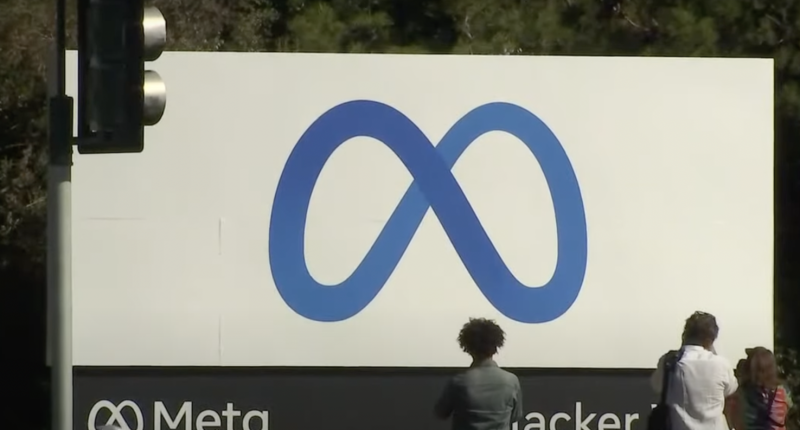Social media company Meta has violated the Children’s Online Privacy Protection Act Rule (COPPA Rule) and has not done enough to comply with a 2020 privacy order, the Federal Trade Commission (FTC) alleged on Wednesday. It went on to propose that Meta should be barred from monetizing the data of kids and that it should tighten the existing agreement on privacy protection for children.
In its press release, the FTC alleged that Meta’s Facebook “repeatedly violated its privacy promises” and misled parents about their ability to control with whom their children communicated through the Messenger Kids app. And to add to this, it continued to provide select developers with access to the private data of users (which is in violation of two previous privacy orders). This is in violation of the 2020 privacy order, which prompts the FTC to propose changes to the order to ban Meta, Facebook, and the other businesses under the company from making money from minors’ data.
For those who need a reminder, the 2020 order was created as part of a settlement with Meta – at that time, it was known as Facebook. The terms of the settlement included a penalty of $5 billion, improved privacy oversight within the company, and the creation of an independent third-party assessor who would evaluate whether Meta was adhering to the privacy rules. Interestingly, it came after the company had violated a previous order – the FTC secured an order in 2012 that prevented Meta (then Facebook) from misrepresenting its privacy practices.
Facebook violated the first FTC order within months of it being finalized. and agreed to the second order in 2019 (and the order was finalized in 2020). This makes the current development strike three, which could have severe consequences for Meta. A violation of the COPPA Rule is no joke, and the development suggests that Meta may have continued to disregard user privacy even after previous scandals and legal action.
“The company’s recklessness has put young users at risk, and Facebook needs to answer for its failures,” Samuel Levine, Director of the FTC’s Bureau of Consumer Protection, commented on the matter. The COPPA Rule requires parental consent for websites to collect personal information from kids under 13, and the FTC alleged that children were able to communicate with additional contacts in group chats or group video calls even though the company claimed that the app would only allow kids to talk with contacts their parents approved.
If the FTC’s proposal is accepted, then Meta can be barred from launching new products or services without getting approval from the independent privacy assessor and would require explicit user consent for any new uses of facial recognition technology. Not only will it be prohibited from monetizing the data of underage users, but it would also be required to provide additional protections for users.
The new rules would be applicable to Facebook, Instagram, WhatsApp, and its virtual reality products, and would also cover any new companies Meta could merge with in the future. The implications of this case are particularly worrying for parents, who may not be aware of how their children’s data is being used and shared online. The COPPA rule is designed to protect children’s privacy and requires companies to obtain parental consent before collecting personal information from young users.
The allegations could have a significant impact on Meta, Facebook’s parent company, as it continues to face regulatory scrutiny around the world. It may also lead to more pressure on social media companies to improve their privacy practices and better protect their users. It also highlights the ongoing concerns around the privacy of underage users on social media platforms.
While the FTC provided Meta with a window of 30 days to respond to the proposed findings from the agency’s investigation, the social media company called the development a “political stunt.” “Despite three years of continual engagement with the FTC around our agreement, they provided no opportunity to discuss this new, totally unprecedented theory,” Andy Stone, a spokesperson for Facebook, said. “We have spent vast resources building and implementing an industry-leading privacy program under the terms of our FTC agreement. We will vigorously fight this action and expect to prevail.”
The Tech Portal is published by Blue Box Media Private Limited. Our investors have no influence over our reporting. Read our full Ownership and Funding Disclosure →






